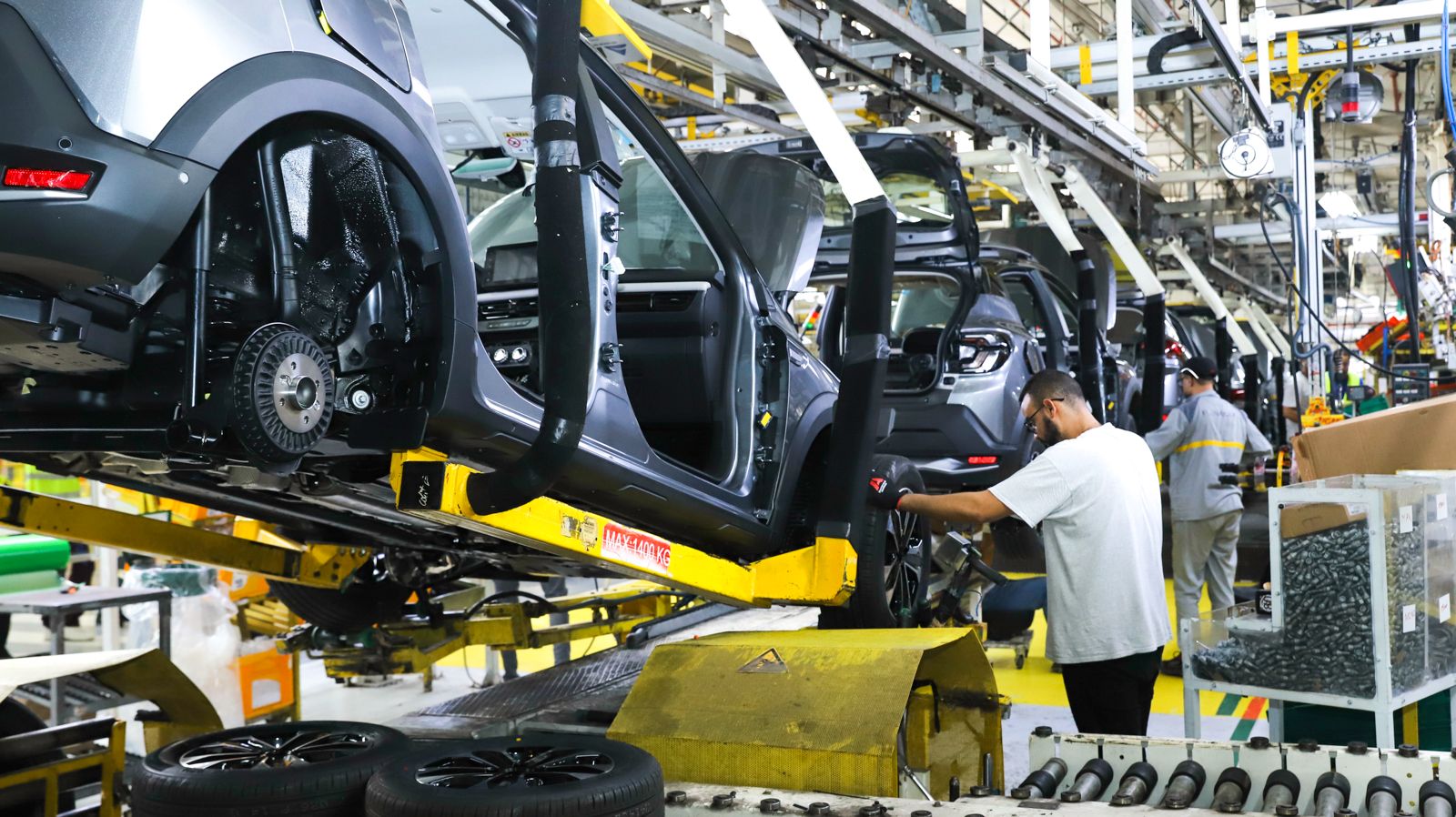The introduction of Morocco’s new Investment Charter in late 2022 marked a turning point in the nation’s industrial growth. By overhauling legislative and regulatory frameworks, this ambitious reform has emerged as a catalyst for key sectors and future-oriented industries. The results are remarkable: between May 2023 and November 2024, the approved industrial projects amassed a capital of 140 billion dirhams, a staggering increase compared to the mere 13 billion dirhams approved between October 2021 and April 2023. This leap highlights not just Morocco’s enhanced attractiveness but also the effectiveness of the measures introduced by this game-changing charter.
The success of the new charter lies in a cohesive vision to establish Morocco as an indispensable industrial hub. Targeted financial incentives and spatial planning have dramatically reduced costs for investors, whether domestic or international. By focusing on high-potential sectors such as automotive manufacturing, aerospace, electronics, renewable energy, and artificial intelligence, the charter positions Moroccan industries as innovative and globally competitive. Furthermore, it prioritizes emerging fields like biotechnology and green hydrogen, addressing global challenges such as sustainability and carbon neutrality.
One of the charter’s standout achievements is the drastic simplification of administrative procedures, a longstanding obstacle for investors. The digitization of 22 administrative processes through the CRI-Invest platform and a 45% reduction in required documentation have streamlined operations significantly. Investors can now access crucial information regarding land acquisition, project eligibility, and construction permits with ease. Additionally, the delegation of regional investment projects valued between 50 and 250 million dirhams to unified regional commissions has expedited approvals, enabling swifter implementation.
The charter also addresses regional disparities by ensuring equitable distribution of industrial benefits across provinces. This approach seeks to reduce socio-economic imbalances, driving economic activity in underdeveloped regions. By tailoring industrial strategies to local needs, the reform not only enhances territorial cohesion but also amplifies the overall impact of investments.
Small and medium-sized enterprises (SMEs), which form the backbone of Morocco’s economy, are central to this reform. Soon, these businesses will benefit from a dedicated legal framework to support their investment endeavors, fostering job creation and bolstering their role as engines of economic growth. Additionally, the charter targets Moroccan expatriates, integrating them into the nation’s international investment promotion efforts.
The transformation also involves empowering Regional Investment Centers (CRIs) with new tools to serve as one-stop shops for investors. These centers now streamline interactions between businesses and government authorities, ensure project tracking, and provide tailored support. This revitalization solidifies Morocco’s investment ecosystem, sustaining the momentum generated by the charter.
Morocco’s new Investment Charter reflects the country’s commitment to addressing contemporary economic and industrial challenges. By catering to investor needs and adapting to the evolving global economy, it strengthens Morocco’s international standing. Through initiatives that attract capital and drive innovation, the charter paves the way for a competitive and forward-looking industrial landscape. With these transformative reforms, Morocco positions itself as a pivotal player in global value chains, ushering in a new era of sustainable growth and industrial prominence.
Mohamed Mounadi
